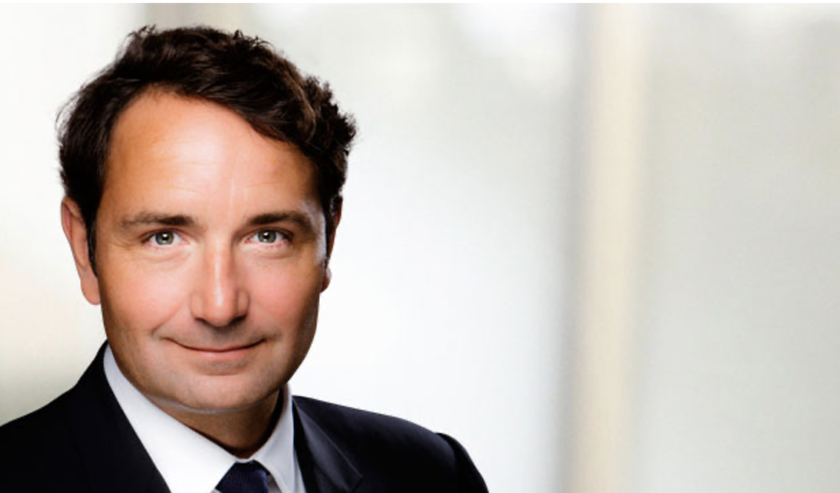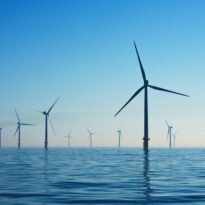In this Q&A, Fidelity portfolio manager Vincent Durel introduces the newly repurposed Fidelity Sustainable European Equity Fund, which focuses on generating long-term sustainable financial and non-financial returns.
He lifts the lid on his investment process – with a particular focus on the importance of engagement – and discusses how he is positioning the portfolio in the current environment.
Can you introduce the fund and explain your investment approach?
The Fidelity Sustainable European Equity Fund was launched on 27 January 2021 through the repurpose of Fidelity European Opportunities Fund. The fund’s investment policy has been changed to incorporate a sustainable investment focus and it is now part of Fidelity’s Sustainable Family cross-asset fund range.
The aim of this high-conviction fund is to promote companies having the best practises in terms of sustainability. To this end, we select 35-50 companies with the best sustainable models, both in terms of financial and non-financial performances. We strongly believe this convergence in our stock selection will bring measurable and positive sustainable impacts to our clients.
A minimum 70% of the fund is invested in Europe ex UK companies with strong sustainable characteristics. The fund aims to have a lower carbon footprint compared to that of the broader market, by excluding companies with high carbon intensity. The fund’s investment framework incorporates both norms-based screening and negative screening of certain sectors, companies or practices based on specific ESG criteria to be determined from time to time.
How do you engage with companies? Can you provide one example of how you have engaged with a company?
The fund aims to positively influence and engage with all companies in the portfolio through an active engagement framework. Through this approach, we are able to gain enhanced, holistic corporate insights which influence investment analysis and the proxy voting process.
To further enhance our engagement and research capabilities, I am delighted to be supported by Assistant Portfolio Manager Aela Cozic. Aela is a highly experienced sustainable investing practitioner and acts as a dedicated ESG specialist for the strategy. Her focus will be on company engagement and analysis of ESG factors.
One recent example of engagement is with EssilorLuxottica, which is the largest eyewear company in the world. Under the merger agreement between France’s Essilor and Italy’s Luxottica in 2017, the two companies were supposed to share executive powers. As an active shareholder in EssilorLuxottica, we wanted to ensure that the terms of the merger agreement were respected by all parties.
After a few years of active engagement, during which we collaborated with other shareholders and even voted against the management at company AGMs, we were pleased to see the appointment of a new CEO and deputy CEO at the end of last year, preserving the balance of power between the two companies and abiding by the terms of the merger agreement.
The Covid pandemic created strong appetite for sustainable investments. But since the beginning of this year, equity markets have been more focused on the reflation trade. Commodity-related sectors are generally excluded from your investment universe, how much of a challenge is this for you?
Last year was challenging and the current market continues to throw up new challenges. But there are also opportunities. Our main focus has been diversification, both in terms of sectors and stocks. We have been increasing our exposure to banks with attractive ESG credentials and stocks such as Umicore, a Belgian materials technology company, which has implemented best-in-class sustainable practices in its procurement processes. It is also a pure play on the circular economy for its metal recycling division.
We are also investing in the expected recovery in air travel. Although we cannot invest in airlines due to their high carbon footprint, we can invest indirectly through companies that will benefit from the rise in airline traffic. One such company is travel platform Amadeus, which offers good ESG credentials and has strong quality and growth characteristics. So, while it is true that we cannot buy some stocks, we can gain exposure to cyclical companies indirectly.
How do you think about current valuations given that valuations in some sustainable leaders may be stretched?
Through our fundamental analysis, each day we assess the valuations of the company based on forecasts, so we know exactly where we are in terms of valuations. If we look at renewable energy stocks – which have had a tough start to the year – what we see is that in many instances the market is not necessarily capturing the whole picture.
A company like Solaria for instance, which is ostensibly quite expensive at the moment, has multiplied its capex programme six fold – going from 1 GW to more than 6 GW by 2025. All these investments are secure, and they have started to sign third-party agreements on some of the operations, so while the company is quite expensive at current multiples, we have to consider multiples at the end of its investment programme in 2025, which currently implies an attractive valuation based on the construction costs.



































